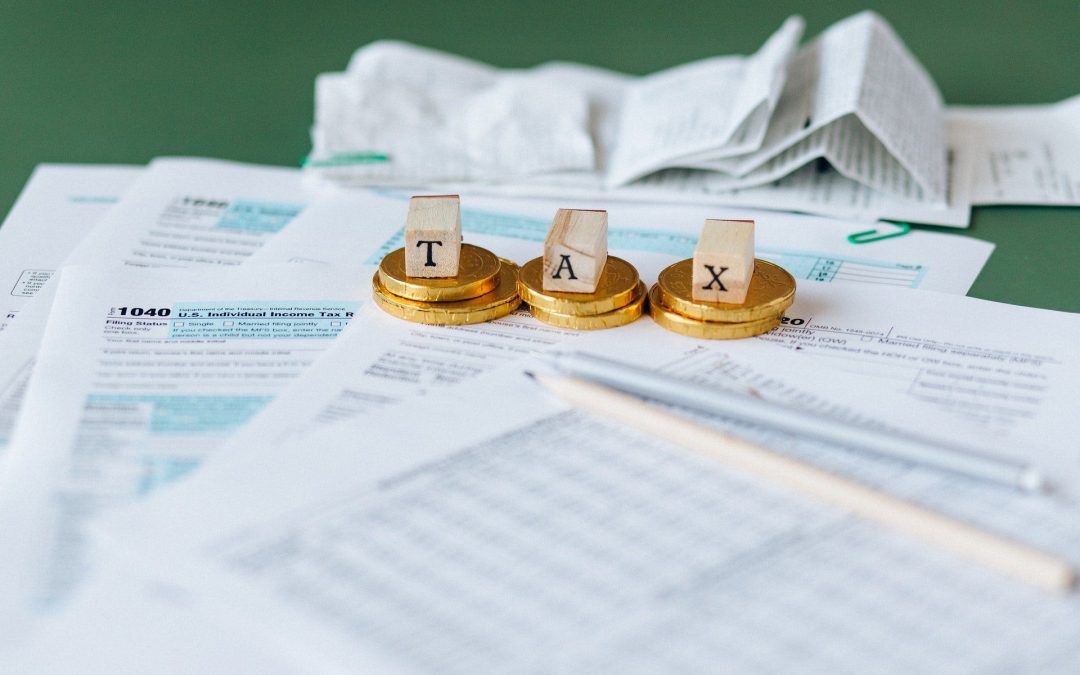Thresholds and allowances frozen!
To help meet some of the costs of the COVID-19 pandemic, the Chancellor has opted to freeze various allowances and thresholds until April 2026, rather than increase the rates of income tax and capital gains tax. As incomes rise over the period, more people will pay tax, and more people will pay tax at the higher and the additional rates.
Personal allowance and basic rate band
The personal allowance is increased to £12,570 for 2021/22, from £12,500 for 2020/21. It will remain at this level for all tax years up to and including 2025/26. The allowance is reduced by £1 for every £2 by which income exceeds £100,000. As a result, for the tax years 2021/22 to 2025/26 inclusive, anyone with income in excess of £125,140 will not receive a personal allowance.
The basic rate band is increased to £37,700 for 2021/22, from £35,500 for 2020/21. As a result, the point at which taxpayers in receipt of the standard personal allowance start to pay higher rate tax is increased to £50,270 for 2021/22, from £50,000 for 2020/21. It will remain at £50,270 for future tax years up to and including 2025/26.
Capital gains tax annual exempt amount
Individuals are allowed to realise net chargeable gains up to the level of the annual exempt amount for each tax year before a liability to capital gains tax arises. The capital gains tax annual exempt amount remains at £12,300 for 2021/22, and will stay at this level for the following four tax years.
National Insurance thresholds
The upper earnings limit for Class 1 National Insurance contributions and the upper profits limits for Class 4 National Insurance contributions are aligned with the level at which higher rate tax become payable. This ensures that once a person starts to pay tax at the higher rate, the rate at which they pay National Insurance drops to the additional rate of 2%, so that they do not pay both higher rate tax and main rate National Insurance contributions on the same income. For 2021/22, the upper earnings limit for Class 1 National Insurance contributions and the upper profits limit for Class 4 National Insurance contributions are set at £50,270. As the higher rate threshold is frozen at this level until April 2026, both the upper earnings limit and the upper profits limit will remain at £50,270 for all tax years up to and including 2025/26.
Inheritance tax nil rate bands
No inheritance tax is payable unless the value of the deceased’s estate exceeds the nil rate band. This has been frozen at £325,000 since 2008/09. It was due to be reviewed in 2021. However, at the time of the 2021 Budget, the Chancellor announced that the nil rate band would remain at £325,000 for another five years, for 2021/22 to 2025/66 inclusive.
A further nil rate band – the residence nil rate band (RNRB) – is available where the main residence is left to a direct descendant, such as a child or a grandchild. The RNRB remains at its 2020/21 level of £175,000 for 2021/22. It too is frozen at this level until April 2026.
The freezing of the nil rate bands will bring more estates within the charge to inheritance tax. Planning ahead and making more lifetime transfers could reduce the eventual liability on the estate at death.
Pension lifetime allowance
The pension lifetime allowance places a cap on the value of tax-relieved pension savings. The lifetime allowance remains at its 2020/21 level of £1,073,100 for 2021/22 and for the following four tax years. If the value of your pension savings is nearing this level, it is important that you review your pension pot before making further tax-relieved contributions in any of the years from 2021/22 to 2025/26 inclusive.
Where tax-relieved pension savings exceed the lifetime allowance, tax relief is clawed back at the rate of 25% where the excess is taken as a pension, and at the rate of 55% where the excess is taken as a lump sum.
Get in touch
Speak to us to understand what the freezing of the allowances and thresholds will mean to you, and what action you can take to mitigate the effects: Pi Accountancy | Expert Business Advice | Gloucester & Swindon (pi-accountancy.co.uk)

